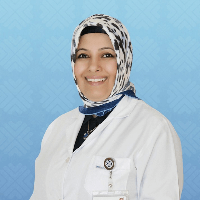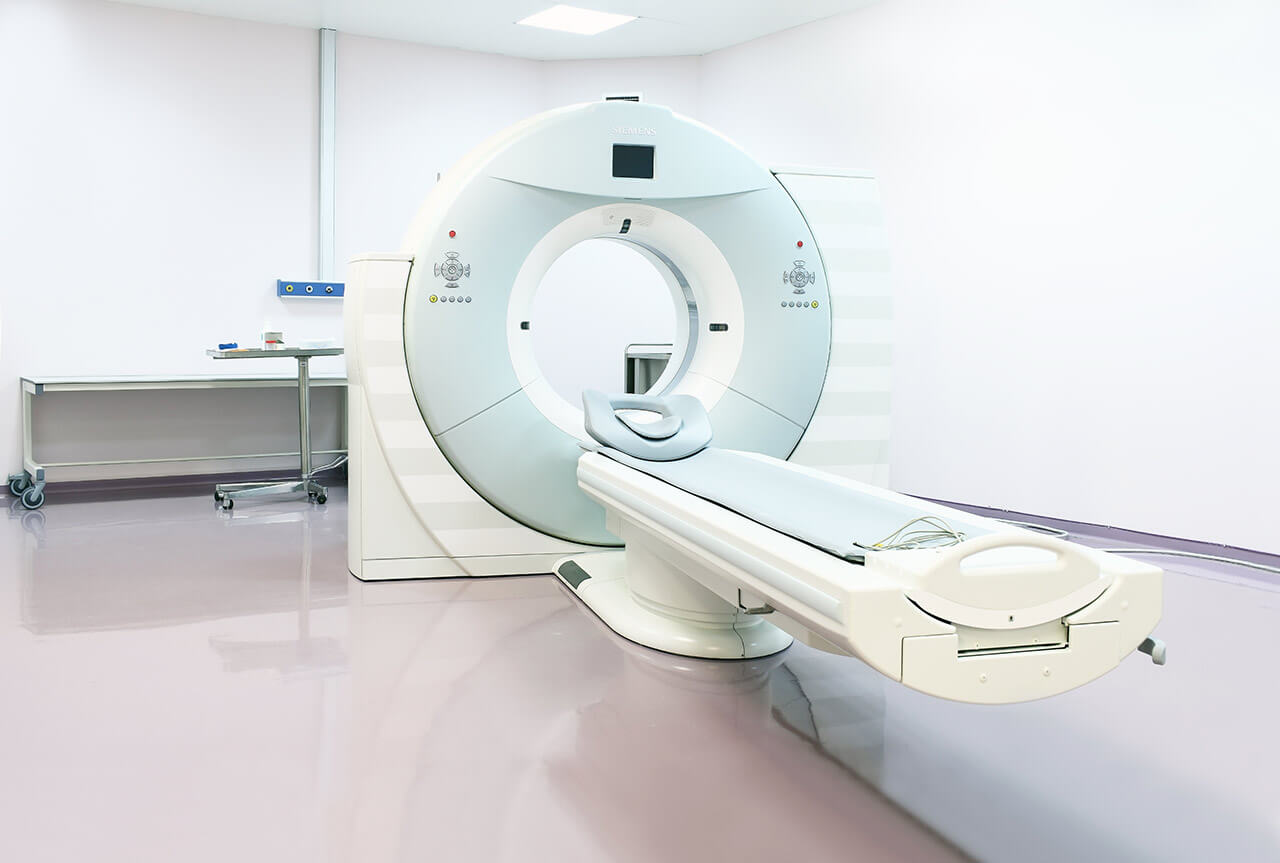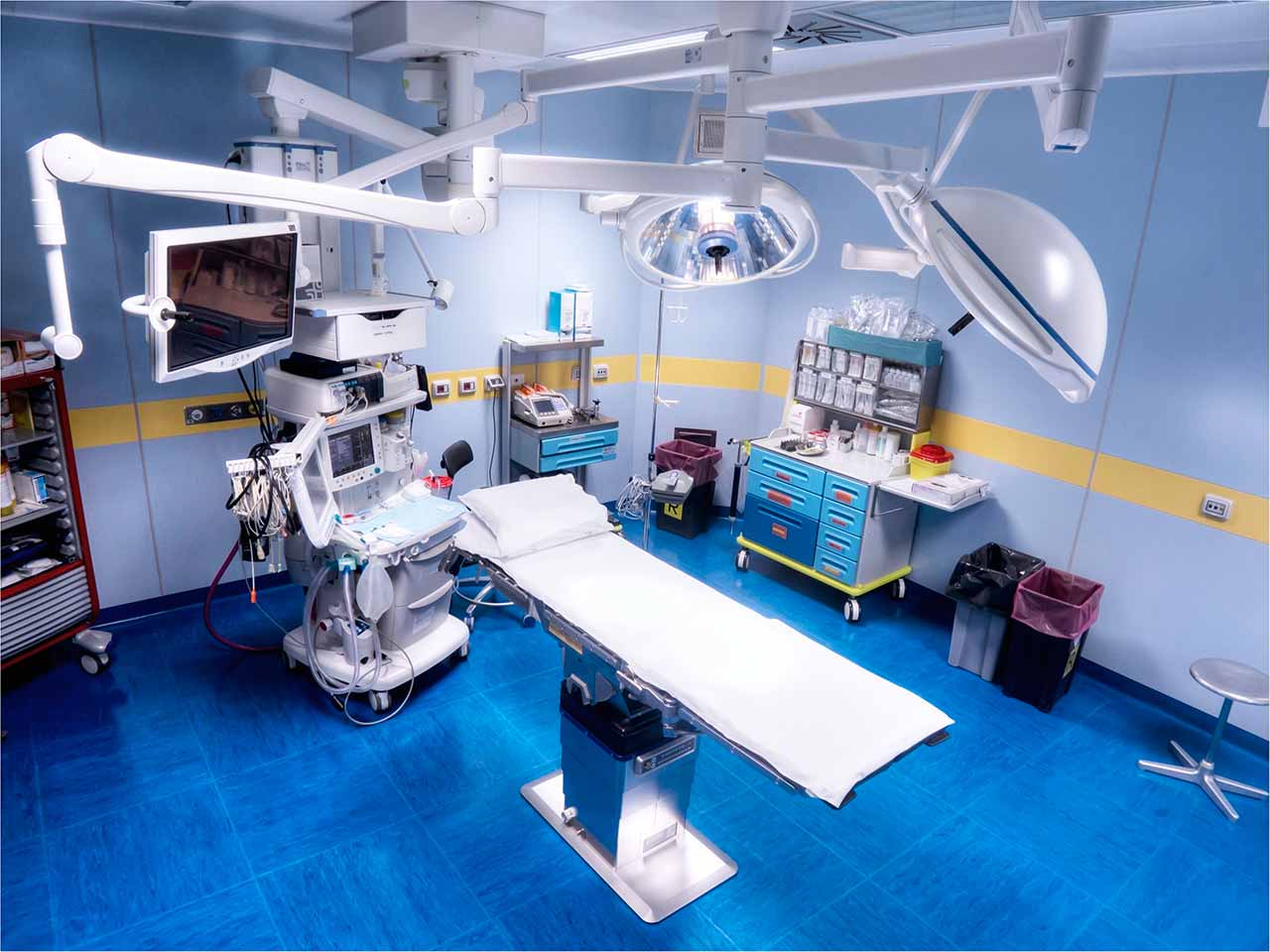
The program includes:
- Initial presentation in the clinic
- clinical history taking
- physical examination
- review of medical records
- laboratory tests:
- complete blood count
- general urine analysis
- biochemical analysis of blood
- inflammation indicators
- indicators blood coagulation
- Immune status
- hormonal analysis
- FSH
- LH
- estrogens
- progesterone
- prolactin
- TSH-basal, fT3, fT4
- ultrasound of the abdomen and pelvis
- transvaginal ultrasound
- gynecological examination
- preoperative care
- surgical recanalization of the fallopian tube
- symptomatic treatment
- control examinations
- the cost of essential medicines and materials
- nursing services
- full hospital accommodation
- explanation of future recommendations
Required documents
- Medical records
- Results of hormone blood tests (if available)
- Pelvic ultrasoud (if available)
Service
You may also book:
 BookingHealth Price from:
BookingHealth Price from:
About the department
The Department of Reproductive Medicine at the Medipol Mega University Hospital offers the full range of diagnostic and therapeutic interventions for fertility treatment in men and women. The department's specialists have long successful experience, and therefore they effectively detect and eliminate the causes of infertility, and also provide high-quality medical care to couples with infertility of unknown origin. Particular focus is on in vitro fertilization (IVF), which today gives the highest chances of conceiving a child to couples who cannot achieve pregnancy naturally. The department is headed by Assist. Prof. Dr. med. Ayşe Karahasanoglu.
The treatment begins with a consultation with the attending physician, who studies the medical history of the couple, clarifies the duration of unprotected sexual life, and then prescribes the necessary diagnostic examinations to detect the causes of infertility. Infertility can be caused by health problems in both women and men. There are also cases of combined infertility, when both of the spouses have problems, which prevent them from conceiving a child. With the results of diagnostics, the specialist in reproductive medicine develops the optimal treatment regimen, which will ensure the couple with a long-awaited pregnancy.
One of the most effective treatment methods for infertility is IVF. This method is effective even in the case of fallopian tube obstruction, severe male factor infertility (oligoasthenoteratozoospermia, cryptozoospermia, azoospermia), diminished ovarian reserve, genetic pathology in parents.
In vitro fertilization consists of several stages. If the indication for IVF is only the female factor of infertility, there is no need for ICSI, TESA, MESA techniques, transplantation of the patient's own cryopreserved eggs or donor eggs, then IVF consists of the following stages:
- Preparation of the woman's body for hormonal stimulation and ovarian stimulation
- Follicular puncture
- Fertilization of eggs obtained as a result of puncture
- Embryo culture
- Embryo transfer
- Pregnancy test
The department's competence also includes the preimplantation genetic diagnosis to exclude genetic diseases in the embryo before it is transferred to the uterine cavity. Thus, future parents can be sure that the child does not have any genetic syndromes.
If the diagnostic tests reveal pathological changes in the spermogram, the fertility specialist may recommend IVF types, which are more complex and effective for the male infertility factor. These include intracytoplasmic sperm injection (ICSI) – the technique, which helps inject the sperm cell directly into the egg cytoplasm, bypassing all its membranes. The TESA and MESA methods are used when the spermogram shows a complete absence of sperm, which can fertilize an egg. The sperm is extracted from the eggs or appendages, processed in the laboratory and injected into the egg.
Since the treatment of infertility can be a cause of stress, the couples receive professional psychological support and can also share experiences in support groups.
The department is one of the best in Turkey in the field of its expertise, and also regularly admits patients from foreign countries for treatment. Thanks to the advanced medical and technical base, the professionalism of doctors and an individual approach, it achieves high success rates of the IVF procedure – the couples obtain the happiness of being parents of healthy babies.
The department's range of medical services includes:
- Diagnostics and treatment of uterine diseases, which prevent the conception of pregnancy
- Endoscopic procedures for the diagnostics and treatment of fallopian tube obstruction and pathological changes in the ovaries
- Diagnostics and monitoring of couples with recurrent miscarriage
- Ovarian stimulation
- Intrauterine insemination
- In vitro fertilization (IVF)
- Intracytoplasmic sperm injection (ICSI)
- Testicular sperm aspiration (TESA)
- Percutaneous epididymal sperm aspiration (PESA)
- Auxiliary hatching
- Embryo cryopreservation
- Testicular tissue cryopreservation
- Preimplantation genetic diagnosis
- Other diagnostic and therapeutic options
Curriculum vitae
Higher Education
- 2010 Internship in Gynecology, Süleymaniye Kadın Doğum Hospital, Istanbul, Turkey.
- 1999 Study of Human Medicine at the Faculty of Medicine of the Istanbul University.
Professional Career
- 2014 - 2016 Work at the Memorial Şişli Hospital, Istanbul, Turkey.
- 2004 - 2014 Work at the Süleymaniye Kadın Doğum Hospital, Istanbul, Turkey.
- Work in the Department of Reproductive Medicine at the Medipol Mega University Hospital.
Photo of the doctor: (c) Medipol Mega University Hospital Istanbul
About hospital
Accommodation in hospital
Hospital accommodation
The patients and their families can stay at the Medipol Guest House, which is a 1-minute walk from the Medipol Mega University Hospital Istanbul.





